译者: 刘士聪 / 谷启楠
统一书号: 7109-2072
出版社: 湖南人民出版社
出版时间: 1986年12月
![]()
 |
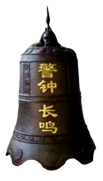 |
|---|
| |
|
|---|
刘士聪 刘士聪,天津人,南开大学外国语学院英语系教授。1965年毕业于南开大学外文系英语专业,分配到天津外国语学校任教。1970 年调往天津下瓦房中学。1975年赴巴基斯坦参加援建工作,任翻译。1979年调入南开大学外文系任教,2003年退休。1987至1988年在美国堪萨斯大学英语系进修。历任南开大学英语系讲师、副教授、教授、副系主任。1997至2000年任南开大学外国语学院院长。多年担任英语专业本科生阅读、写作、翻译等课程教学,研究生文学翻译等课程教学,并从事散文汉英翻译与研究。1997年获国务院颁发的政府特殊津贴,2009年获中国翻译协会授予的“资深翻译家”荣誉称号。 主要著述包括:论文《论〈红楼梦〉文化内容的翻译》,专著《文学翻译与语言审美》,论文集《红楼译评——〈红楼梦〉翻译研究论文集》(主编),译著《《英汉·汉英美文翻译与鉴赏》、《中国古代经典名句英译》、《英语经典散文翻译与赏析》、《Confucius》、《Recluse of the Heavenly House》、《红色的英勇标志》、《白牙》、《钢琴师》、《小城畸人》、《皇帝的孩子》、《修补匠》等。
|
刘士聪近照 |
刘士聪,1965 |

2002年10月26日红楼梦翻译研讨会上合影。右起:宁宗一先生,叶嘉莹先生,冯其庸先生,刘士聪教授,杨自俭先生,崔永禄教授。冯先生和杨先生,很好的学者,已离我们而去,我们怀念他们。
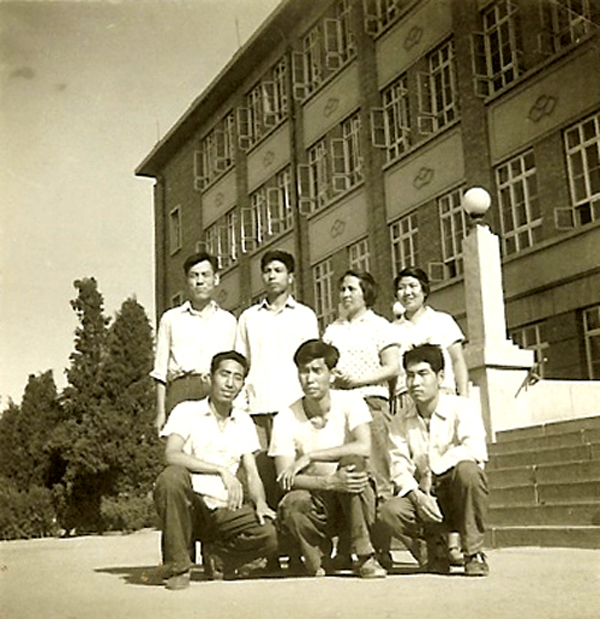
分组毕业照前排左二为刘士聪 1965
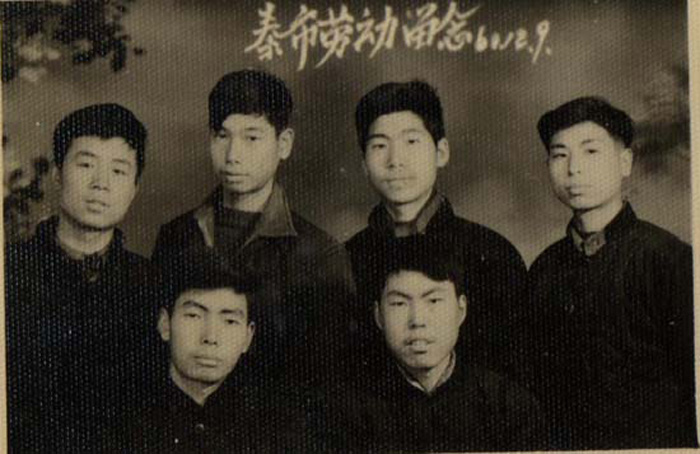
1960年,入学第一年,我班六位同学赴秦皇岛暖气片厂劳动--左起
刘士聪、崔永禄、李广然、梁一雄、高东山、佟学龄(广然供稿)
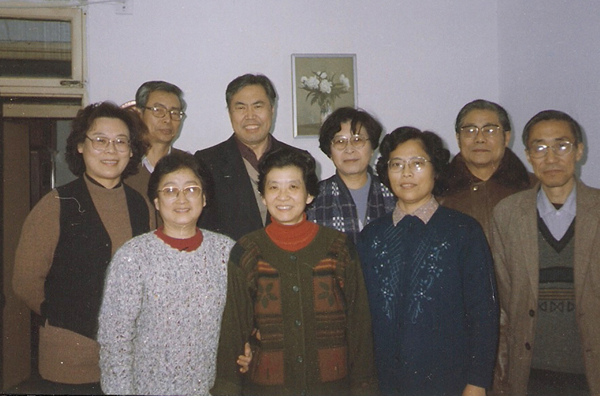
前排左起第三人谷启楠
后排左起第一人刘士聪,96年1月于刘士聪谷启楠家
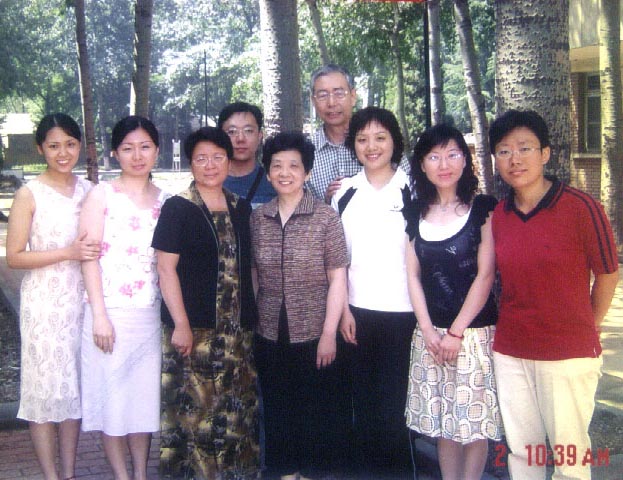
刘士聪谷启楠与研究生毕业合影
刘士聪收藏的清代琵琶, 2012年
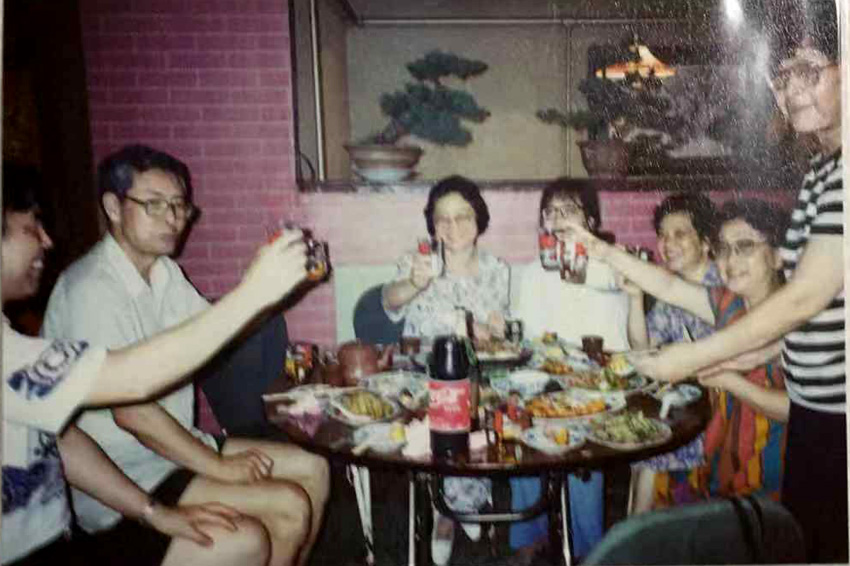
90年代贺新到天津与老同学团聚:左起崔永禄、刘士聪、贺新、许荣仙、谷启楠、朱柏桐、孙学诗
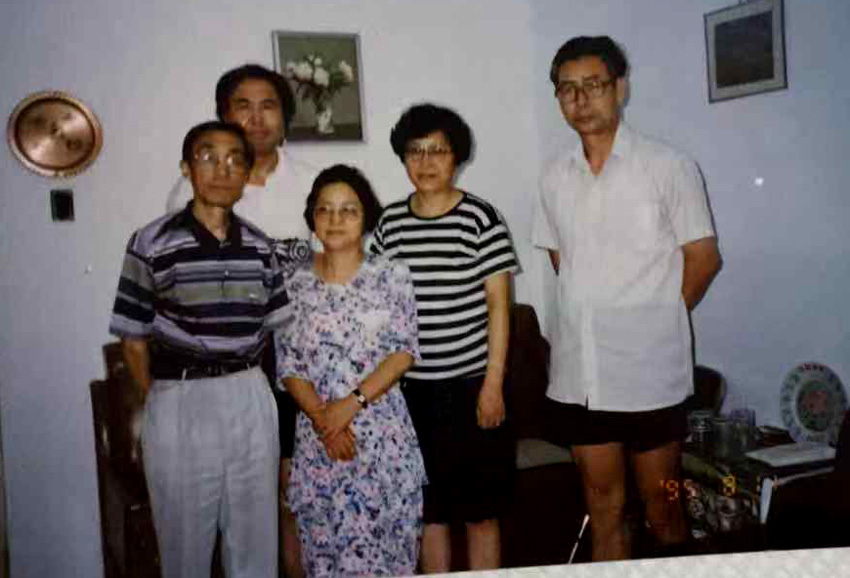
90年代贺新到天津与老同学团聚:左起李维树崔永禄、贺新、孙学诗、刘士聪
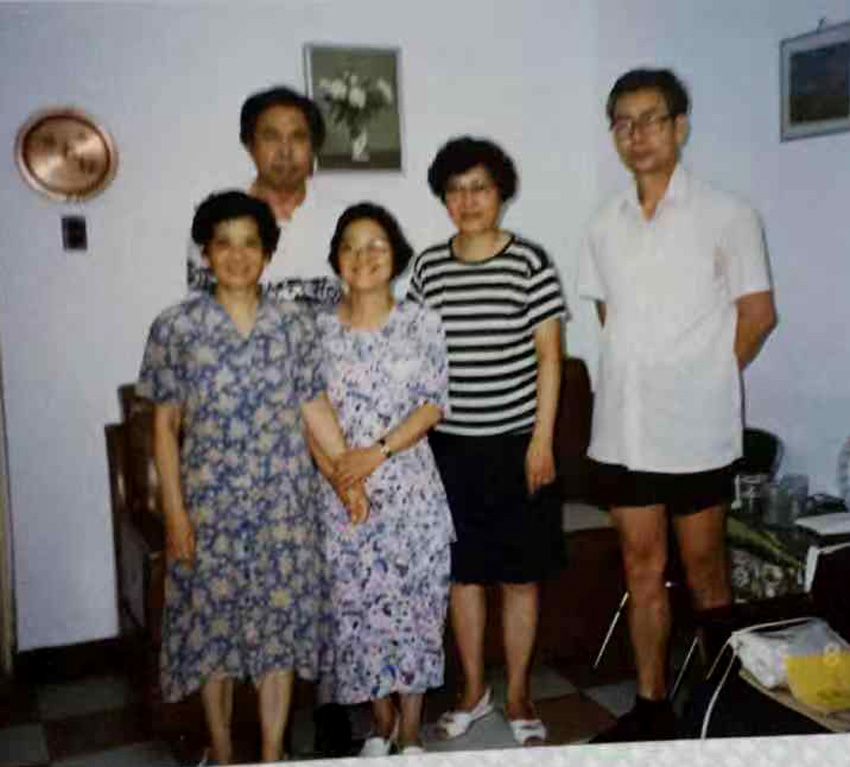
90年代贺新到天津与老同学团聚:左起谷启楠、崔永禄、贺新、孙毅兵、刘士聪
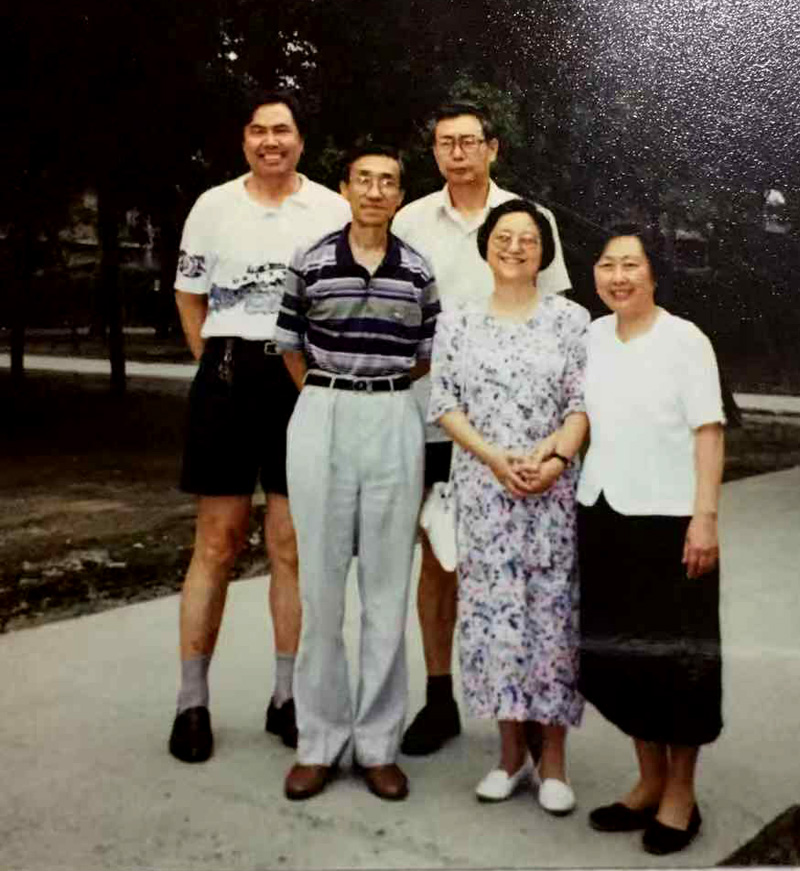
90年代贺新到天津与老同学及马振铃老师团聚:左起崔永禄、李维树、刘士聪、贺新、马老师
![]() 主要著作和译作:
主要著作和译作:
《美国文学选读》
|
《红色的英勇标志》
|
《星球大战前传Ⅱ》
|
《命运的挑战者》作者: [加] 莱斯利·斯克里夫纳
译者: 刘士聪 / 谷启楠 统一书号: 7109-2072
|
||
|
|
|
《钢琴师》
|
《皇帝的孩子
|
《编校、著作指南:编者、作者、出版者必读》
作者: (英)布彻(Butcher,J.) ISBN: 9787302133117
|
Recluse of the Heavenly House (《听画》)译者:刘士聪
|
《阅读与翻译》 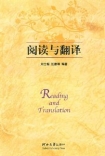 作者: 刘士聪,任淑坤 编著 ISBN: 9787810973984 出版社: 河北大学出版社 出版日期: 2009-6-1 |
The Sworder(《扬子江摇篮曲》)译者:刘士聪
|
Confucius 《孔子》 译者:刘士聪 |
作者: 王玉琦 ISBN: 9787530520536 |
Lao Zi 《老子》 译者:刘士聪
《命运的挑战者》作者: [加] 莱斯利·斯克里夫纳
译者: 刘士聪 / 谷启楠 统一书号: 7109-2072
|
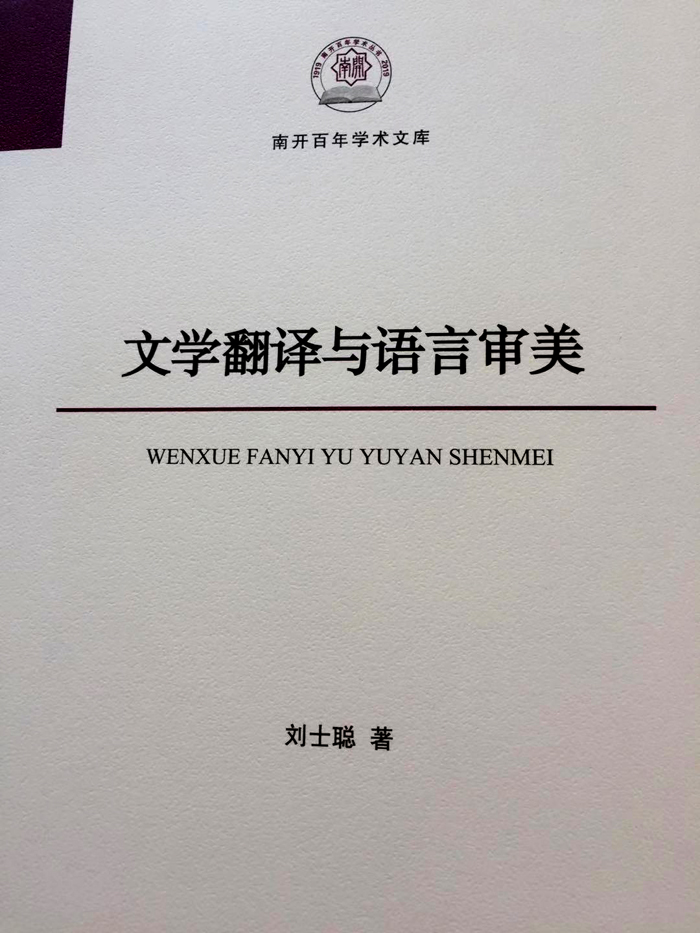
![]()
![]()
![]()
| Anglo-Irish Satirist, Essayist, Poet Jonathan Swift (1667-1745) |
|---|
Jonathan Swift was born at No. 7, Hoey's Court, Dublin, and was the second child and only son of Jonathan Swift (a second cousin of John Dryden) and wife Abigail Erick (or Herrick), paternal grandson of Thomas Swift and wife Elizabeth Dryden, daughter of Nicholas Dryden (brother of Sir Erasmus Dryden, 1st Baronet Dryden) and wife Mary Emyley. His father was Irish born and his mother was born in England. Swift arrived seven months after his father's untimely death. Most of the facts of Swift's early life are obscure, confused and sometimes contradictory. It is widely believed that his mother returned to England when Jonathan was still very young, then leaving him to be raised by his father's family. His uncle Godwin took primary responsibility for the young Jonathan, sending him with one of his cousins to Kilkenny College. In 1682 he attended Dublin University (Trinity College, Dublin), receiving his B.A. in 1686. Swift was studying for his Master's degree when political troubles in Ireland surrounding the Glorious Revolution forced him to leave for England in 1688, where his mother helped him get a position as secretary and personal assistant of Sir William Temple at Moor Park, Farnham. Temple was an English diplomat who, having arranged the Triple Alliance of 1668. Jonathan Swift was an Anglo-Irish satirist, essayist, political pamphleteer (first for Whigs then for the Tories), poet and cleric who became Dean of St. Patrick's Cathedral, Dublin. He is remembered for works such as Gulliver's Travels, A Modest Proposal, A Journal to Stella, Drapier's Letters, The Battle of the Books, An Argument Against Abolishing Christianity, and A Tale of a Tub. Swift is probably the foremost prose satirist in the English language, and is less well known for his poetry. Swift originally published all of his works under pseudonyms—such as Lemuel Gulliver, Isaac Bickerstaff, M.B. Drapier—or anonymously. He is also known for being a master of two styles of satire: the Horatian and Juvenalian styles.
|
|---|
![]()
![]()
![]()
![]()
|
|---|